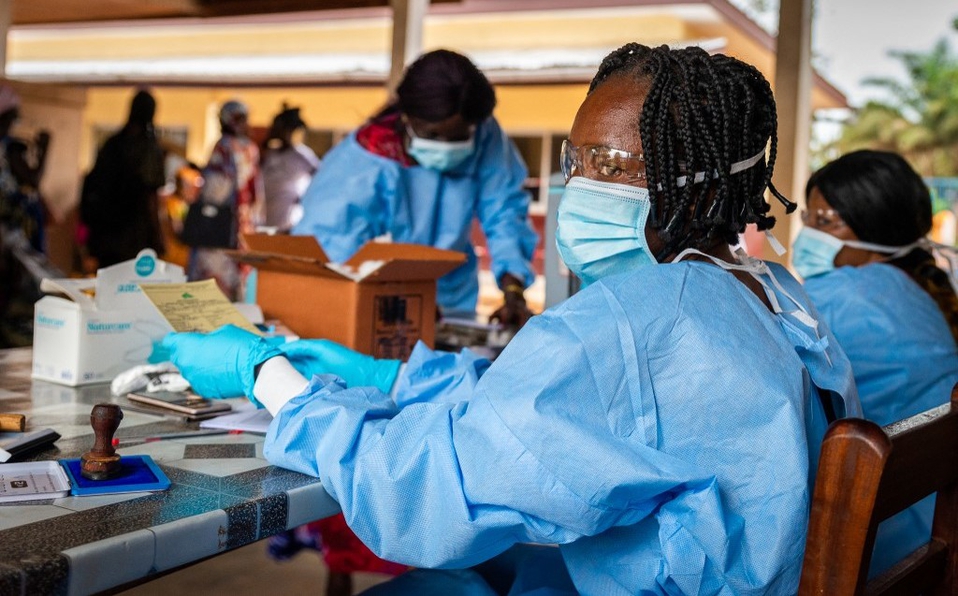The rise of the new omicron variant and the world's desperate and probably futile attempts to keep it at bay are reminders of what scientists have warned for months: the coronavirus will thrive as long as vast parts of the planet lack vaccines.
The hoarding of limited vaccines against covid-19 by rich countries - creating virtual vaccine deserts in many poor countries - means a risk not only for regions experiencing scarcity, but for the entire world. Perhaps nowhere is inequality more apparent than in Africa, where less than 7 percent of the population is vaccinated. While in much of the world it has already vaccinated more than 50 of its population, on the African continent, the anticovid vaccination per 100,000 inhabitants is poor, and even non-existent in several countries, this with data from Our World In Data, compiled by the University of Oxford.
This is because the more the disease spreads among unvaccinated populations, the more likely it is to mutate and become more dangerous, prolonging the pandemic for all. We recommend: In which countries in the world has the omicron variant of covid-19 been detected? "The virus is a ruthless opportunist, and we now see the consequences of the inequity that has characterized the global response," said Dr. Richard Hatchett, executive director of CEPI, one of the groups behind the UN-backed Covax vaccine initiative. .
South African scientists alerted the World Health Organization to the new omicron variant last week, although it may never be clear where it first originated. Researchers are now rushing to determine whether it is more infectious or can evade current vaccines. The Covax Initiative was supposed to avoid such inequality, but in reality, the initiative is so short of injections that it has already dropped its initial goal of 2 billion doses.
Even to hit your new goal of delivering 1.4 billion doses by the end of 2021, you must ship more than 25 million doses every day. But it has averaged just over 4 million a day since early October, and some days it has fallen below 1 million, according to an analysis by the AP news agency. Richer nations, meanwhile, often have over-injections, with many now offering boosters - something the WHO has discouraged because each booster is basically a dose that doesn't go to someone who hasn't even had their first injection.
Despite the UN health agency's call on countries to declare a moratorium on booster vaccines until the end of the year, more than 60 countries are administering them.

